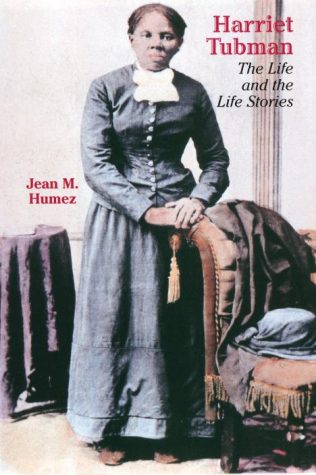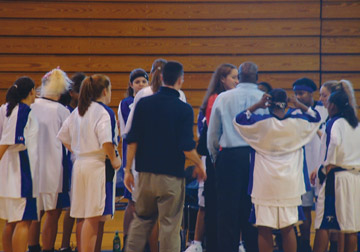Public Safety Board Off the Ground
October 8, 2003
The chancellor’s Public Safety Advisory Board, made up of campus heads and several sociology professors, among others, assembled for the first time in the last week of September.
The board was formed in response to an incident last April, when Africana Studies professor Anthony Van Der Meer got into a screaming match with a National Guard recruiter, and was subsequently tackled and arrested by police. The event rocked the community, with many students and faculty coming forward to say they didn’t feel safe on campus.
Chancellor Jo Ann Gora, a sociologist herself, has taken steps to remedy the situation with the creation of the board, appointing Castellano Turner, a professor whose expertise runs in the areas of clinical psychology and racial attitudes, as chair.
Also serving on the board are Phil O’Donnell, interim director of Public Safety, Matt Thompson, head of Affirmative Action and Multi-Cultural Relations, and several sociology professors, including Glenn Jacobs, Stephanie Hartwell, and Siamak Movahedi.
After the April incident, Gora said, people were coming up to her and telling her of incidents from eight or ten years ago. She wants the board to be the ears of the community and public safety, whose purpose is to help create an environment of mutual respect, where the community feels supported by the police and the police feel supported by the community.
O’Donnell noted that there have been very few incidents like the one in April. Most incidents are, “I didn’t like the way the cop spoke to me; I got hassled in the garage,” he said. Ninety-five percent of complaints are minor interaction complaints, and on parking out front, because the officer is standing there as a symbol. A lot of the complaints are also of the he said, she said variety. “My experiences is that the truth is somewhere in the middle,” he said, and nine times out of ten just sitting the people down and getting them to talk works.
David Matz, founder and director of Graduate Programs in Dispute Resolution, said the climate is created by the people who don’t pursue a claim, who don’t file anything. Gora agreed. “It’s a climate issue,” she said. Even if the policeman is right, it’s a climate issue. If the climate was right, then the complainer would have said or thought something different.
“When people hold on and tell me stories eight to ten years old, that’s a climate issue,” she said.
Carroy Ferguson, a CPCS professor and advocate of community policing, said, “What brought me here is the way that a human face can be put on those involved. A human face on the person walking around in the uniform.
“A true community policing model is when people in the community know the police as people.”
Gora suggested an assignment policy for each college. O’Donnell, having been a patrolman, said there would be a high turnover rate, since the campus is so small.
The board also discussed their mission, which the chancellor had deliberately left broad.
Matz said several strategies could be taken. The board could a place where people could bring general or dramatic concerns, he said. But if people bring it to them, he cautioned, “That means we can do something.”
“Our formal charge is to report to the chancellor… We become part of the problem if our responses aren’t satisfactory,” he said.
The board, having floated the idea of subcommittees on policy and conflict resolution, plans to meet twice a semester. O’Donnell promised to send everyone an explanation of how the department of public safety works, after several members expressed interest. He also said he will be working with staff to semi-formalize anonymous complaints.






















































